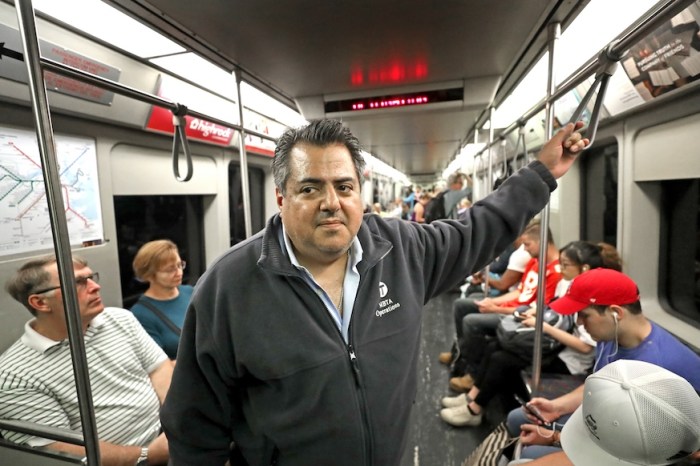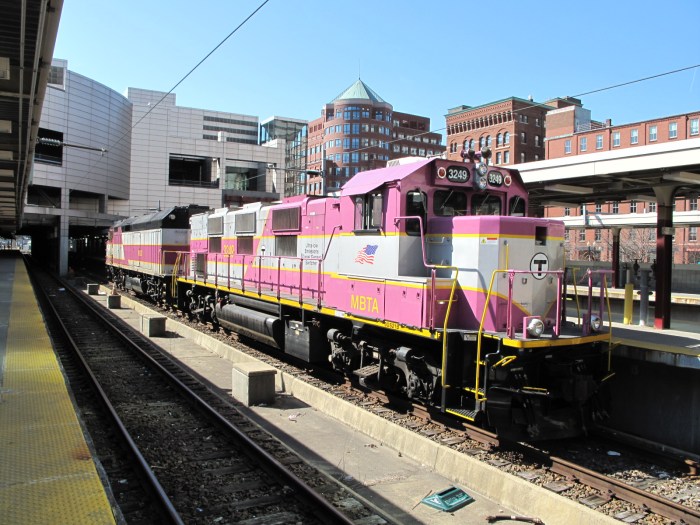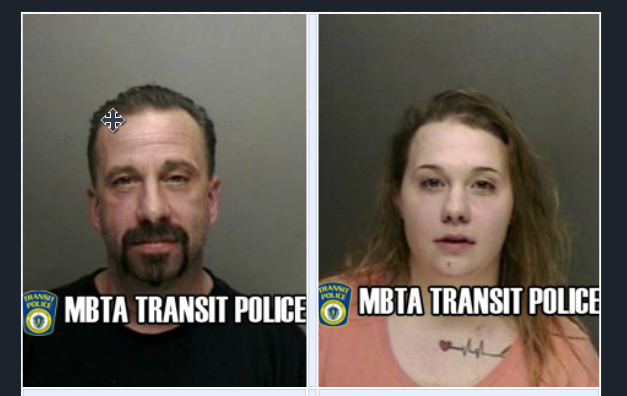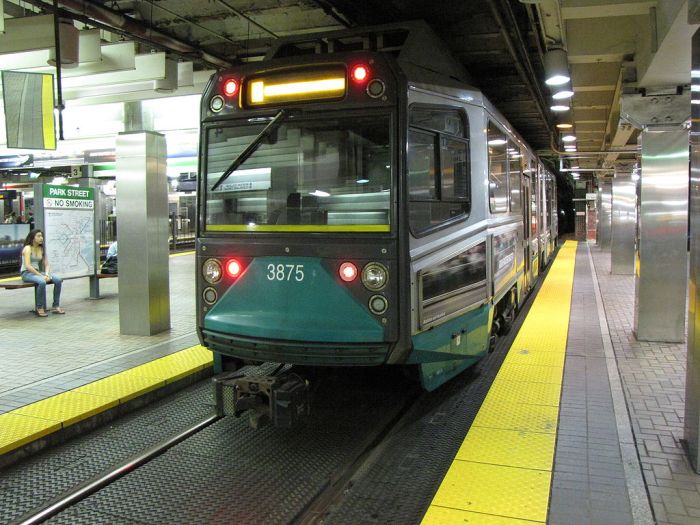MBTA weekend commuter rail service and transit services for individuals with disabilities are on the Baker administration’s “menu” of potential service cuts to help close a $42 million gap in the transit agency’s $2 billion budget. “This is really about resetting the MBTA’s budget in a way that is financially sustainable not just for fiscal 2018, but over time,” Transportation Secretary Stephanie Pollack told reporters before a presentation to the T’s Fiscal and Management Control Board on Monday. She said, “We need to ask questions, hard questions, about what we want to run.” Suspending weekend service for a year and making capital upgrades to the rail lines during that time would save the MBTA $10 million, T officials said.
Another option under consideration is suspending for one year “premium trips” on The Ride, the T’s paratransit service for people with disabilities, which would save $7 million, according to the T. The premium trips are those not mandated by the Americans with Disabilities Act and include journeys outside of the MBTA’s core area, more than three quarters of a mile from active bus and subway service. The proposed service cuts would likely encounter resistance from people that use premium trips on The Ride and weekend rail service. If the T decides to move forward on those cuts, there would need to be additional processes followed, according to Pollack, who envisioned a public conversation about the budget over the next month. Other proposed savings could be attained by outsourcing repair work and customer service, along with expected new revenue from ads and a Keolis Commuter Services plan to boost revenue on the commuter rail, both through promoting railway commuting and enforcing fare collection. “These are the things that have been left that haven’t been done yet, and there’s a $42 million gap to fill,” Pollack said, describing a “menu of options” for balancing the budget. She said, “We definitely need to tap at least some of these options.” The T has also sketched in a $7 million increase for “strategic operations hires” that could be made if other savings are realized. In general, the T plans to keep headcount flat.
Gov. Charlie Baker has proposed $187 million for the T, on top of other long-term state subsidies, through the annual budget. If the T closes its structural budget gap, those proposed additional dollars could be poured into capital repairs or could be spent on enhancing other areas of the operating budget. Pollack said the control board wanted to see what a balanced budget would look like, but the board could decide to devote some of the expected $187 million toward existing operating expenses.
The weekday per-trip operating subsidy on the commuter rail is $5, while the weekend subsidy is $34 per trip and on some lines it exceeds $100 per trip, according to the T. MBTA Chief Administrator Brian Shortsleeve said there are about 8,000 commuter rail trips on Saturday and about 4,000 on Sunday. Weekday commuter rail boardings number about 129,000, according to a June 2016 presentation by the T. The T is also in the process of installing positive train control, a federally mandated safety measure, on the commuter rail, which would be aided by suspending weekend service, according to T officials. Last summer, MBTA officials discussed planned weekend closures to facilitate the installation of positive train control, which is designed to keep trains from speeding dangerously or crashing into one another. T officials at the time said the construction work would begin this year. Under the MBTA’s budget process, the control board sends a preliminary budget to the MBTA Advisory Board for review, and the board can then amend it before approving a final budget by April 15. Expenses in the proposed fiscal 2018 budget total $1.95 billion, which is $20.5 million less than the recast fiscal 2017 budget. Shortsleeve said the T has challenged Keolis to develop weekend service that includes only a $15 subsidy per trip. While the Fairmount, Greenbush and Kingston/Plymouth lines run at a more than $100 subsidy per-trip on weekends, the Lowell line has an $18 weekend subsidy and the Providence/Stoughton Line – the busiest on weekdays – has a $19 per-trip subsidy, according to the MBTA. T officials are willing to hear other ideas for balancing the budget.
“We’re very open to other ideas,” Shortsleeve said.
MBTA may end weekend commuter rail service, cut services to disabled
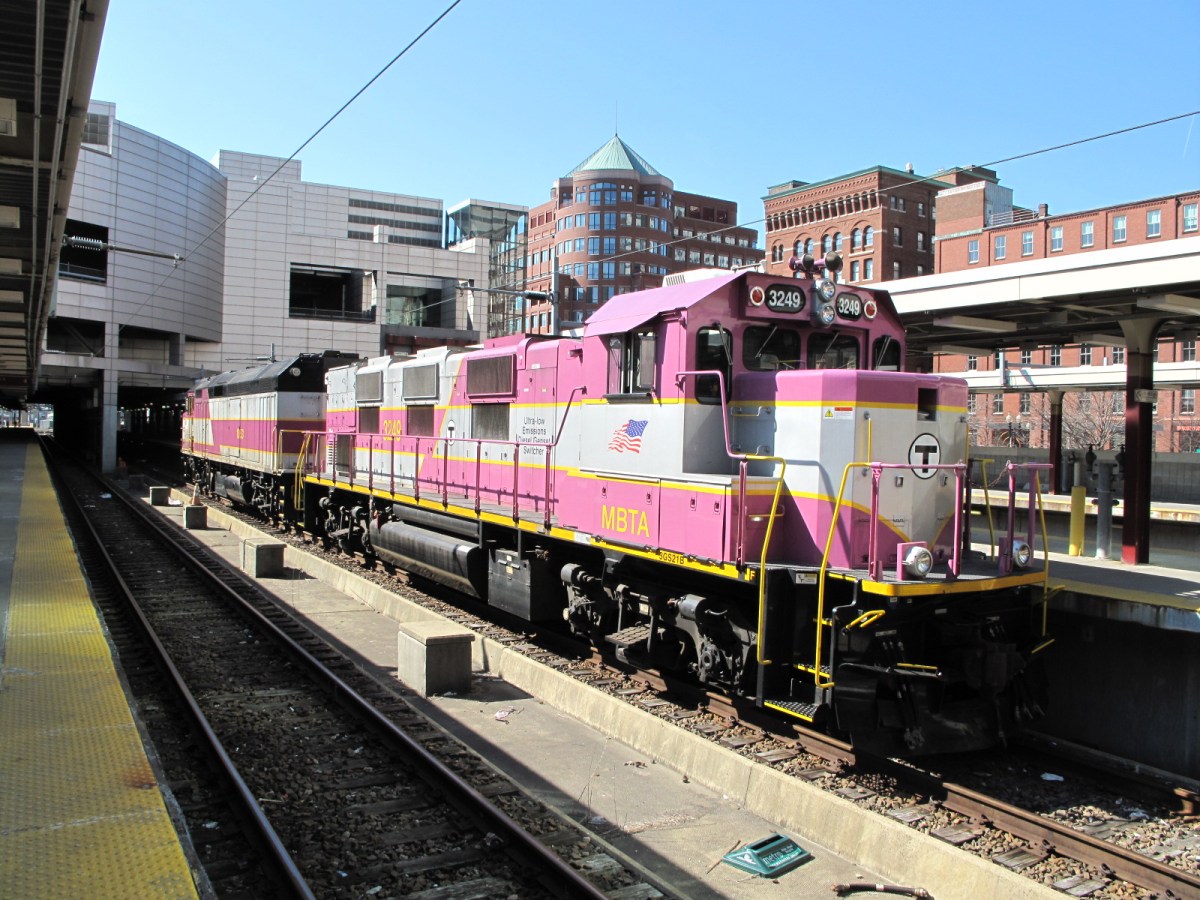
File photo











